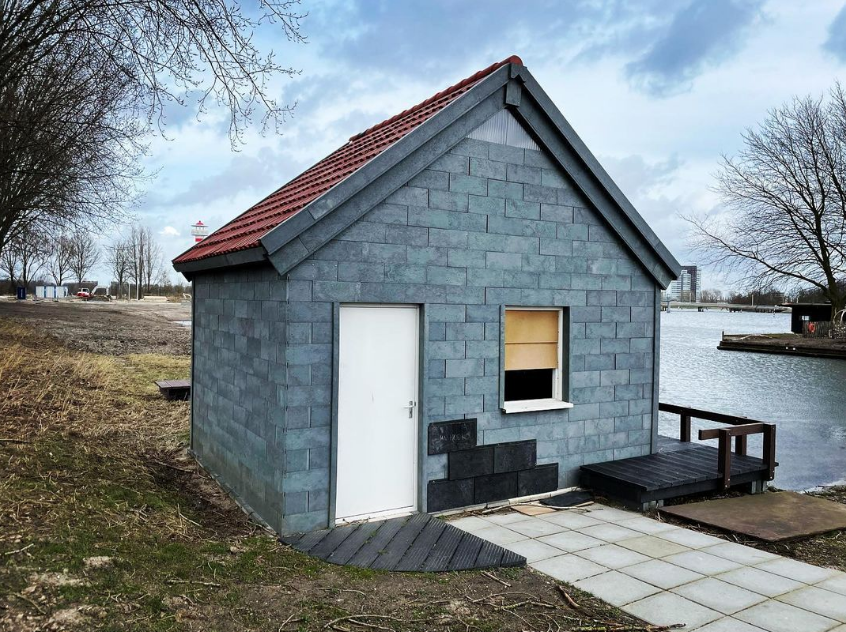The Floriade is an international horticultural exhibition that is only held once every 10 years in the Netherlands. This is the seventh time that the exhibition is being held in the Netherlands, this time in a fabulous location in Almere. The Netherlands’ horticulture sector is working with national and international exhibitors and partners to bring the theme of ‘Growing Green Cities’ to life. In this theme, the Floriade will present solutions needed to make cities greener, healthier and more pleasant. It is a theme that is more important now than ever before. Almere will be the stage for the Floriade for six months, starting in April 2022.
The Green Plastic Factory opened its doors in Almere on 29 April 2021. The Factory came about through an innovation partnership between the Municipality of Almere and the circular company Save Plastics. Plastic is generally incinerated in the Netherlands, which the Municipality of Almere and Save Plastics find a great shame. This was the stimulus for Save Plastics to start working on finding a solution for hard to recycle plastic. It is now making new products from hard to recycle plastic waste from households in Almere which are being used in the public space. By reusing these products in its own city, it closes the circle and creates a local circular economy for plastic waste. The Green Plastic Factory is part of the TRANSFORM-CE project, a European Interreg NWE project. The three year TRANSFORM-CE project is led by Manchester Metropolitan University and is supported by the Interreg North-West Europe programme as part of the European Regional Development Fund (ERDF).
The Green Plastic Factory’s products can also be seen at the Floriade 2022. There are lounge chairs, decking and climate smart walls. There is also a prototype of the ‘Save-tasta’ tiny house through which Save Plastics proves that using blocks made of waste plastic from Almere to build houses is feasible. The house symbolises the great potential of recycled plastic waste. The modular building blocks for the house were made in the Green Plastic Factory. In all, 7,482 kg of plastic waste were used to build the 20 m2 prototype. This equates to about five million sandwich bags. By recycling instead of incineration, 7,419 kg of CO2 emissions were saved which equates to 62,352 km of car transport.

